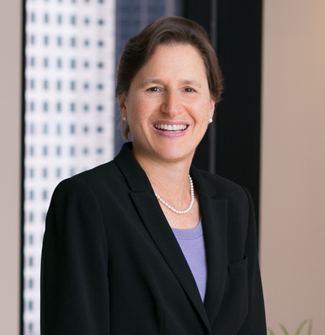On December 1, 2016, the date that the Department of Labor regulations were set to become effective, the government filed a notice of appeal [link to http://dciconsult.com/wp-content/uploads/2016/12/DOL-appeal.pdf] of the November 22, 2016 the United States District Court for the Eastern District of Texas’s Order granting a nationwide preliminary injunction “from implementing and enforcing” the DOL’s new overtime regulations. Those regulations would have raised the minimum salary level for exempt employees from $455 per week ($23,660 annually) to $913 per week ($47,476 annually). The Court’s ruling was based, in part, on its holding that the DOL exceeded its delegated authority by changing the salary basis test at a level that was contrary to Congress’ intent that executive, administrative and professional employees be exempted from coverage of the FLSA. A full copy of the injunction order can be found here. In the wake of the Court’s ruling and now uncertain future regarding the DOL’s new overtime rules, we thought it would be helpful to provide some interim guidance on frequently asked questions we have received since the Court’s ruling. READ MORE
More Questions for Employers As DOL Appeals Preliminary Injunction of Overtime Rules











